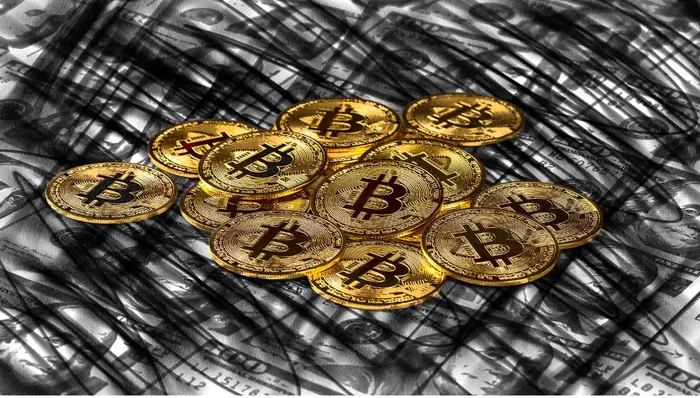
.
Image: Adobe Stock
It’s no secret that Gen Z has a less optimistic economic outlook than older generations. So it’s no wonder many of them are engaging in so-called financial nihilism, applying a gloomy outlook to their financial mindset, resulting in a new and different take on investing.
Zoomers grew up with smartphones, the internet, and social media during difficult times like the 2008 economic crisis and Great Recession, and the subsequent Occupy Wall Street protest movement. As such, they’re disillusioned with traditional ways of doing things, which extends to how they invest and conduct their own finances.
Coined in 2021 by Demetri Kofinas, host of the Hidden Forces podcast, financial nihilism describes how Gen Z and even some younger millennials are profoundly disillusioned with the traditional financial system, believing it’s unfair and unpredictable, and are finding it pointless to save for retirement or invest in the stock market or in bonds or in other conventional ways. It appears to be a response to stagnant wages, the soaring cost of living, massive student debt, and the difficulty of homeownership, among other modern challenges.
Basically, they believe the American dream is a scam, and they’re worried they may have to live with their parents forever, without ever owning a home.
Instead of playing the stock or bond markets in traditional ways, Gen Z is gravitating to more rewarding but riskier strategies like investing in cryptocurrencies including Bitcoin and “meme” coins, as well as meme stocks and sports betting platforms, CNBC reported.
According to the outlet, Gen Zers are more likely than their older counterparts to say they are either curious about or planning to invest in cryptocurrencies over the next five years, per a recent U.S. Bank survey.
In short, what we are seeing is a loss of faith in the real value of money and the function of the market.
Perhaps Andrew Edgecliffe-Johnson summed it up best when he said: “It’s hard to fault people for wanting to get rich quick if they have lost faith in their ability to get rich slow.”
